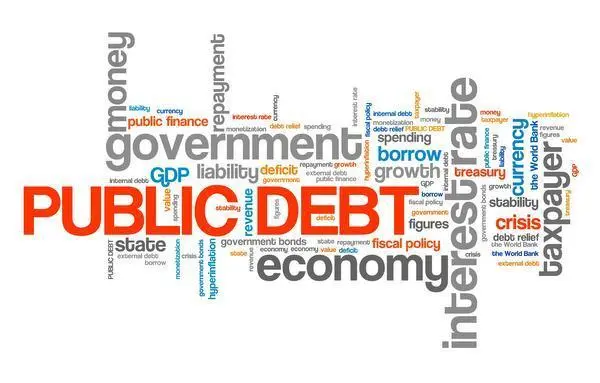The Central Bank of Nigeria (CBN) recently announced the review of its Monetary Policy Rate (MPR) from 13.5 percent to 12.5 percent. The CBN Governor disclosed this at the end of the Monetary Policy Committee (MPC) meeting in Abuja. The review was orchestrated by the impact of the COVID-19 pandemic on the economy, the increased inflationary pressure, and the restrictions in international trade.
According to the governor of the central bank, “the review is to enable the resumption of economic activities necessary to stimulate growth, accelerate the pace of recovery and restore livelihoods, particularly to the vulnerable in Nigeria”.
The review of the MPR indicates that the government is willing to assist businesses to cope with the impacts of the pandemic. Earlier in April, a DATAPHYTE article had advocated for governmental relief for small businesses in the country. The article decried the limited support businesses received during the pandemic and urged the government to consider the plight of small businesses. While more can be done to improve the businesses during this period of crises, reduction of the MPR is a positive development.
Experts are of the view that lower rate would stimulate credit expansion to critically important sectors and in turn support employment. This should also reduce production cost and possibly help lessen the persistent growth of inflation rate in the country.
But to maximize the opportunity presented by the MPR review, the business community must step forward, access credit facilities, and purposefully channel credits into productive ventures. Also, banks must promptly review and re-adjust their lending structures and the interest rate on loans.
In addition, the government needs to provide more stimulus for businesses as they have been the worse hit of the pandemic. In a recent PUNCH newspaper report, the Director-General, Lagos Chamber of Commerce and Industry, Dr Muda Yusuf, urged the government to review its Cash Reserve Ratio (CRR).
According to him, “the impact of the MPR reduction on liquidity might not be substantial and that adjustment of the CRR would have had more impact on the economy”. He also noted that the economy needed all the stimuli it could get to rebound and not plunge into recession.
Another alternative that has been proposed to ease the business font in Nigeria and as well to reduce the inflationary pressure the country is currently experiencing include direct allocation of foreign exchange to investors. Also, the government has been advised to provide more incentives to boost local production.


